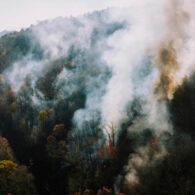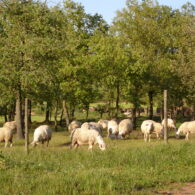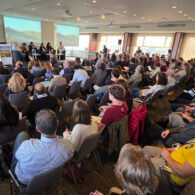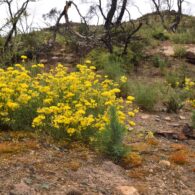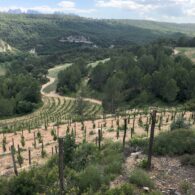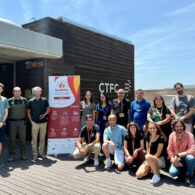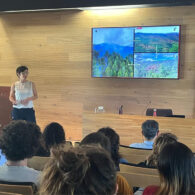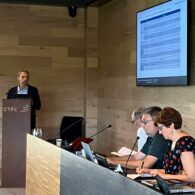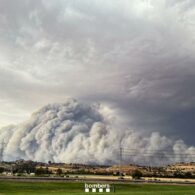At CTFC, we work in fire risk management from an integrated perspective. This includes the spheres of forest ecology, planned burns, and post-fire recovery, as well as planning, governance, and risk culture. Our aim is to make forests and landscapes more adapted and resilient to fire.
Our work also covers other disturbances and natural risks that affect ecosystems (coniferous and broadleaved forests, mountains, coastal areas, wetlands) – including pests (e.g. pine processionary moth, Thaumetopoea pityocampa); diseases (e.g. bot canker, causal organism Botryosphaeria corticola), avalanches; high winds; and floods. We also monitor the interactions between disturbance types. For example, fires are more likely to start and spread in forests in which trees have been killed by disease, and high winds favour the proliferation of pathogens.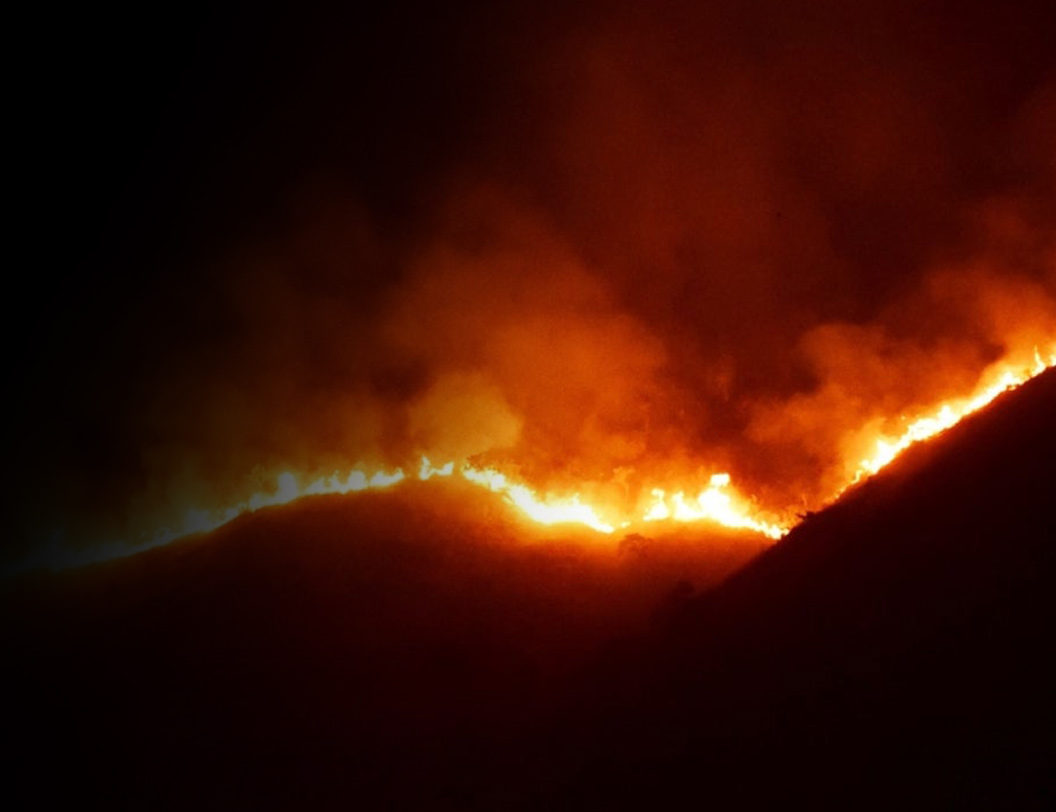
Servidor amb la informació per a la planificació d'actuacions de gestió forestal per a la prevenció de grans incendis forestals a Catalunya

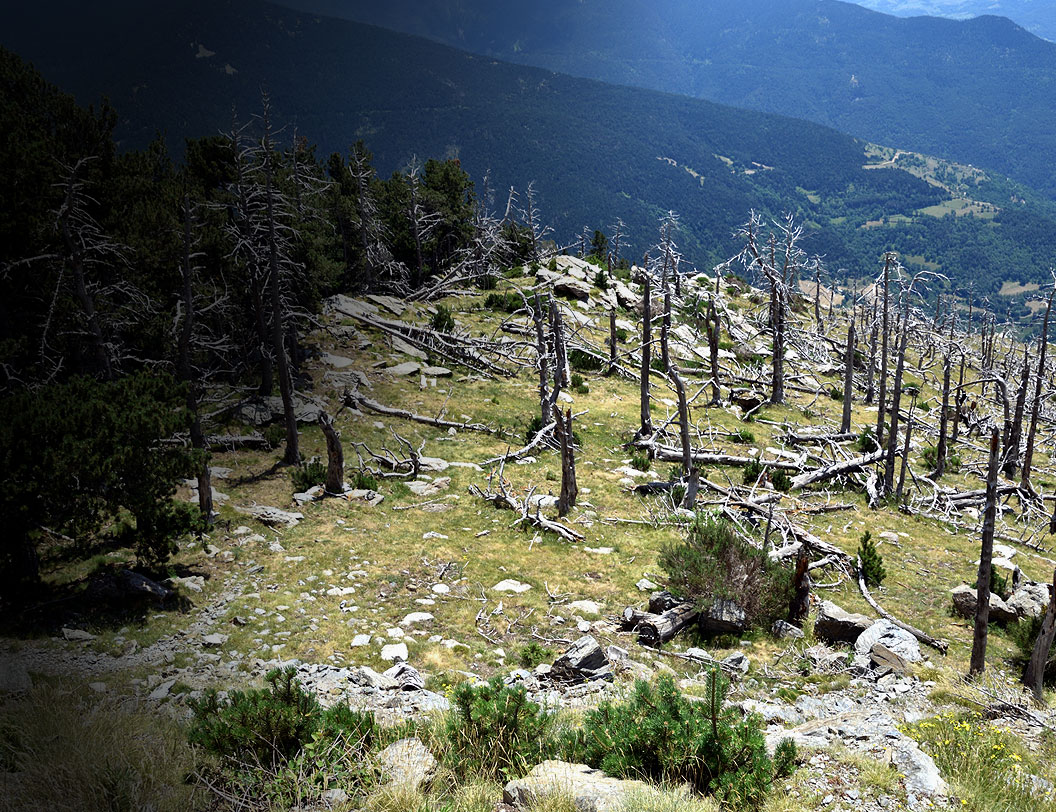
Fire management effects on key ecosystem components of non-fire prone mountain pine forests

